12 LGBTQ Sex Ed Facts You Should’ve Learned in School
What did your school sex education teach you? That sex was bad, only for making babies, and had to involve a penis going inside a vagina?
There are so many flaws in existing and past sex education for youth - and, let’s face it, adults. Most young people learn about sex from porn, which is a poor learning resource and not designed to educate.
Sex education ignores issues that are essential for us to have healthy and happy relationships, sex lives, and mental health.
Many curriculums focus on abstinence, which doesn’t work, and sex being heteronormative and cis-normative, which it isn’t. They leave out issues like communication, consent, bodies and basic anatomy, different gender identities and sexualities, sex work, and much more.
This has a damaging effect on all of us, including people who choose to have non-conventional sex lives (hello kinky folk!), anyone who supports sex-positivity, and especially queer and gender-nonconforming people.
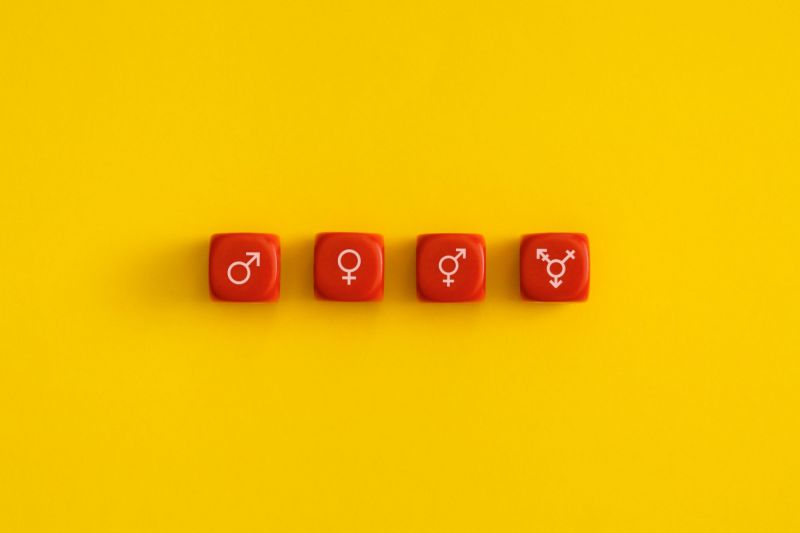
Fortunately, many rights groups are fighting for better and more inclusive sex ed across the US and the world. Here are 12 things we think an LGBTQ+ inclusive sex ed should include!
12 Things They Should Have Taught in LGBTQ+ Sex Ed
1. Differences between sex, sexuality, gender identity and gender expression
No, gender is not the same as sex.
Sex refers to the sex you were assigned at birth based on physiological characteristics like your genitals and chromosomes.
Gender identity is whatever gender you identify as - woman, man, another gender, no gender at all, fluid. It can “match” the sex you were assigned at birth and the sex of your genitals now, but doesn’t have to.
Sexuality or sexual orientation refers to the types of people you are romantically, sexually, and emotionally attracted to. There are many identifying labels you can choose, or you don’t have to choose any one orientation! It’s totally your choice.
2. Sexuality is fluid
For most people, their sexual orientation isn’t fixed and who they’re attracted to, in what ways, and to what extent changes over time. Just because you identify as a lesbian at 20 doesn’t mean you can’t find yourself attracted to a man at another point in life.
You don’t have to pick a camp and stay there. Explore!
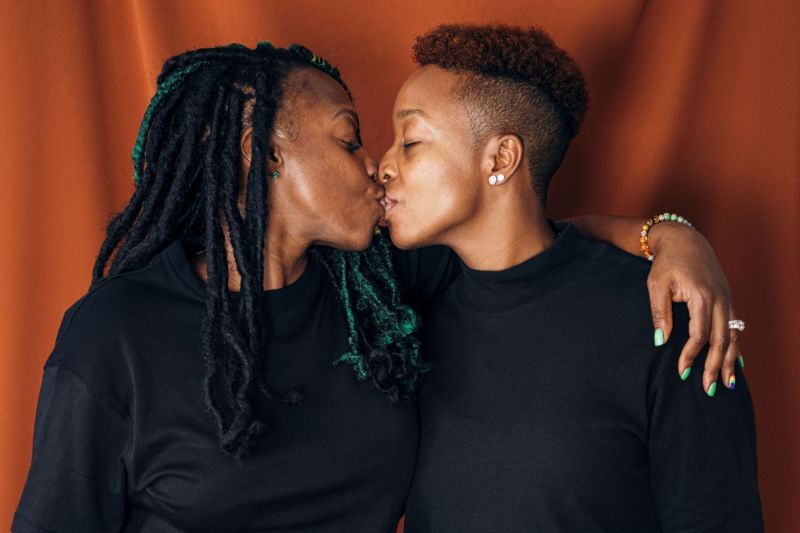
3. You can get STIs without having penetrative sex
You should use barriers for safe sex even if your sex doesn’t involve a penis penetrating a vagina or anus because STIs can be passed through oral sex, fingers, sex toys…
Get familiar with different kinds of barriers for whatever kind of sex you’re having, including condoms, dental dams, and latex gloves.
4. Virginity is a construct!
In school, we’re taught that virginity is a big deal and that virginity loss means a penis penetrates a vagina and breaks a hymen. This is a narrow and hetero and cis normative view of virginity and sex as a whole.
You can decide what having sex and losing your virginity means to you. This can be oral sex, anal sex, fingering, grinding, humping… whatever you decide.
5. Enthusiastic consent is essential
No matter who you are, what type of sex you’re having or who it’s with, enthusiastic consent is crucial. Enthusiastic consent involves everyone being 100% into and saying yes to whatever sexual things are happening, throughout the sexual play session - not just at the start.
Enthusiastic consent is not just shown by the absence of a no, and someone can change their mind and stop the action at any point.
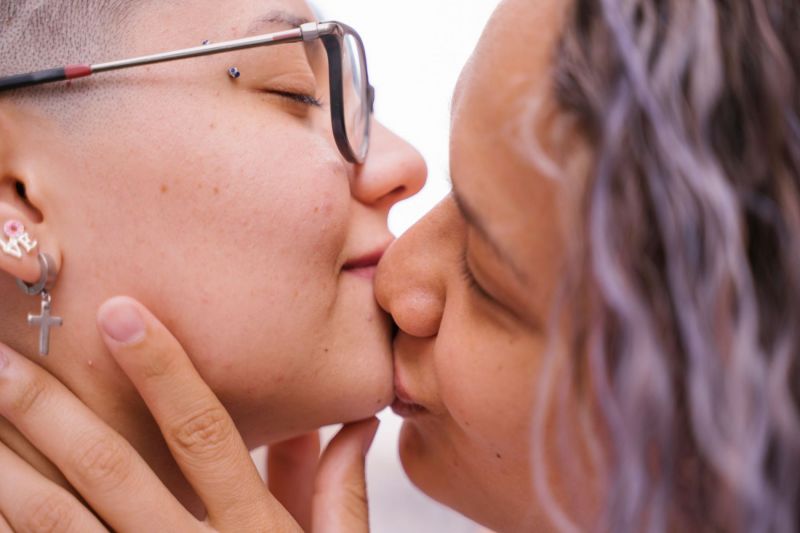
It can be expressed verbally or nonverbally - with nodding, smiling, or other movements that show they really want it. If you’re not 100% sure they’re into it, ask.
6. You can be queer without having had romantic or sexual relationships
It’s totally normal to identify as queer even if you’re a sexual and romantic “virgin”. You don’t need to be experienced to know who you are and aren’t attracted to.
And you can still identify as bi or pansexual while being in a hetero relationship. Don’t let anyone tell you otherwise!
7. You can still get pregnant while on HRT
Some trans and non-binary people undergo HRT (hormone replacement therapy) and take hormones such as estrogen and testosterone.
For some people, these hormones will affect their fertility, but they are not a form of birth control. So if you’re having sex while undergoing HRT, you should still use non-hormonal birth control like the copper IUD or condoms.
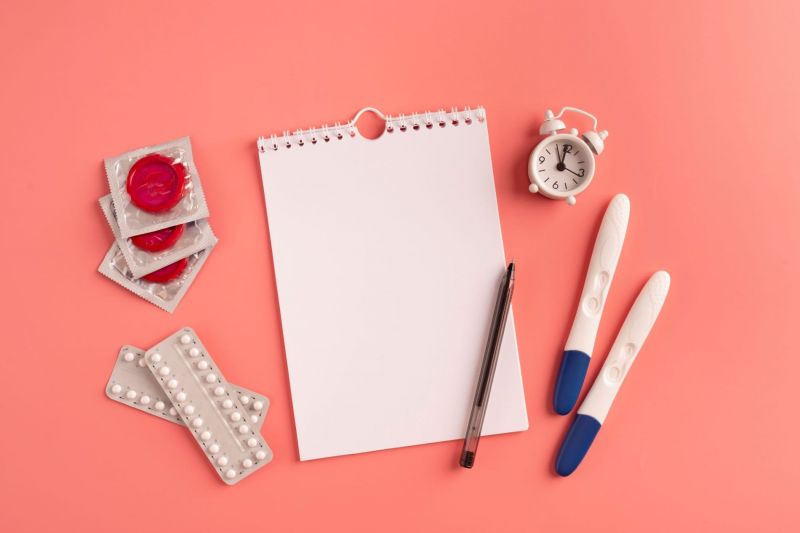
8. Intersex people are more common than you think
An intersex person is someone born with physiological characteristics that mean they don’t fit into either sex category. They’re a commonly overlooked and marginalised group, but it’s estimated that around 1-2 in 100 people born in the US are intersex.
9. Sex toys are often a useful part of queer sex
Sex toys are a valuable part of sex, period. But they’re especially popular in the queer community. It’s useful to learn about and explore sex toys on your own and with partners to make sex a really fun and fulfilling experience.
10. Tops, Bottoms, and Switches
These labels are thrown around a lot in the queer community, but many young people don’t know what they mean. These terms refer to active and passive power roles people consensually take on during sex and kinky play.
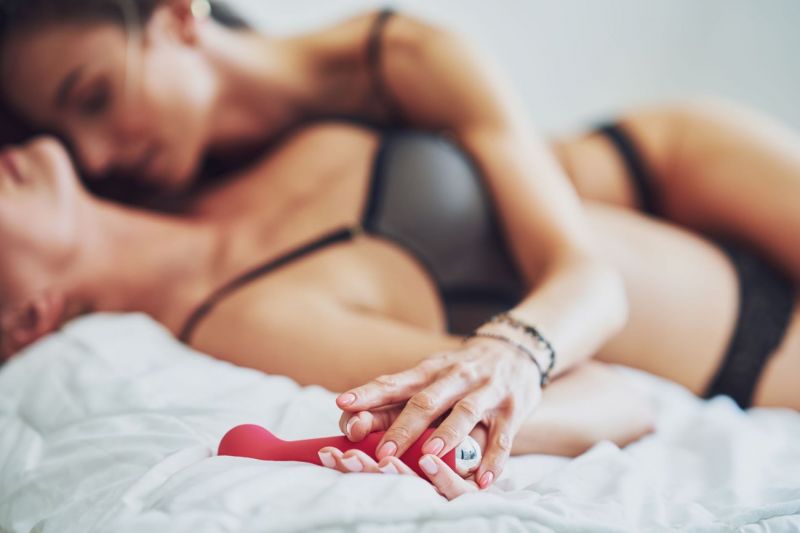
A top is someone who controls the action, dominates, and usually does the “giving”, eg. the penetrating, the biting, the spanking…
A bottom is someone who prefers to give up power to the top and is generally the receiver of the action.
A switch is someone who floats between these two roles. It’s common for people to switch and take on different roles with different partners or switch at different points of play.
11. Anal sex takes preparation
Anal sex can be amazing (especially for pleasuring his prostate), but, on the whole, it isn’t spontaneous. In order to make it clean and comfortable, you have to do certain things like go to the toilet 30-60 minutes before, wash your butt in the shower and douche thoroughly.
And of course, have lube on hand.
12. Lube is everything
This goes for any type of sex - oral, anal, fingering, vaginal… Whatever you’re doing, chances are lube will make it feel better. But it’s especially useful for any type of anal play, as the butt isn’t self-lubricating like the vagina.
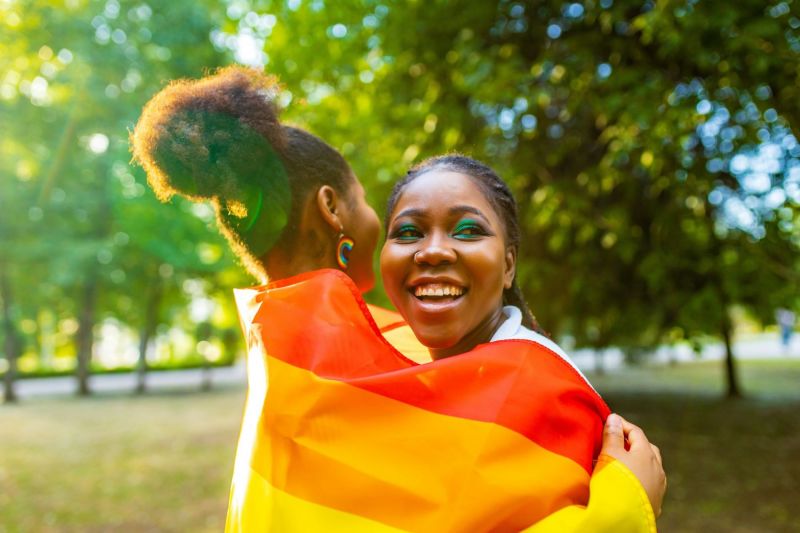
There’s our list of things that should be in a LGBTQ+ sex education that are sadly missing from most current sex-ed curriculums - and it’s far from complete!
Let’s keep learning and spreading the message to improve LGBTQ+ sex ed and all have the best possible sex we can.









